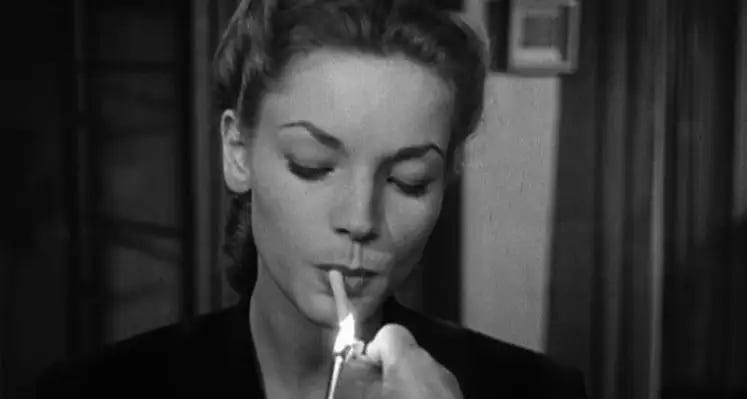
“Random” numbers are in hot demand. They’re needed, for instance, in cryptography, to keep things like your bank account secure, and in science, where they’re used in simulating complex systems.
Yet to be useful, they say, these numbers have to be “truly” random, or “really” random. So they devise myriad tests, each more clever than the last, to test random number generators to ensure their output is “randomly” random.
No efforts are spared here. Generators come along all the time, but unless they’re made of physical hardware, and even then there are troubles, they are almost all found to be not “truly” random.
If only somebody could come up with the world’s best 100% guaranteed unpredictable perfect random number generator, why, he could rule the world!
I have done it.
Seriously serious. I did. This is not a witticism or jocularity. It is God’s honest truth. I explain how in this video:
If you haven’t watched, or even if you have, and are inclined to doubt your Uncle Sergeant Briggs, which is a sad thing to do, let me ask you this.
Take any random number generator (RNG) you like, or can imagine. Make it as wonderful in your mind as you can. For ease of example, but, as mathematicians like to say, with no loss of generality, make the RNG spit out numbers in base 2, i.e 1s and 0s.
This RNG will spit out one, and only one, random number. And then we blow it up. The generator, I mean. Who doesn’t like to blow things up? Anyway, necessarily the number the RNG spits out will be a 0 or 1. Can you guess what this number will be?
Some of you will guess 1 and some 0. Well, one set of you must necessarily be wrong, and one set necessarily right. Suppose you’re in the set that guessed right.
So the question is this: because you guessed correctly, does that mean the RNG wasn’t “truly” random, or “really” random? Or “randomly” random?
Now many of you have heard me say that “random means unpredictable”, which means I should learn to be more careful with my pithyisms (you heard me). It is true, of course, that random means unpredictable. But it means more than that.
Here you have just predicted correctly (and somebody will, we assume) the number the RNG spit out. So it can’t have been random if random means only unpredictability.
Rather, it depends on what unpredictability means. It means this: not knowing the cause.
If you knew the cause, in all its dimensions, of the numbers coming out of the RNG, then you’d be able to predict with certainty what those numbers would be. They would not be random to you, because you knew the causes, but they would be random to anybody else that did not know the causes.
Let’s use notation, which sometimes (though not so often), helps.
This is how you guessed:
Pr (It will be a 1 | I feel it will be a 1 ) = 1.
This reads: The probability it will be a 1, given or assuming you feel it will be a 1, is 1. (Some of you will come to the probability of 1/2 with different premises, but that is not a pick, and here I’m forcing you to pick.)
This is how I, the maker of the RNG, guessed:
Pr (It will be a 1 | I know how it works ) = 1
This reads: The probability it will be a 1, given or assuming I know all of the causes, is 1.
We both predict certain outcomes. But only one set of premises accords with external Reality, and not just your thoughts—though both sets of premises accord with each of our thoughts.
So it’s the truth of the premises and how they accord with physical Reality that count in deciding whether a thing is random or not. If you don’t know all the causes, the thing is unpredictable, and therefore random. If you do know all the causes, it is predictable, and therefore not random.
The number of matches in the box is random because you don’t know all the causes, whereas I do (now, anyway). So it is not random to me.
Which means in those fancy tests of randomness people devise, they usually turn a blind eye to the cause they know is there—like in some algorithm. Hardware generators, like that match box, are better, because the causes are more obscure, or in some cases totally hidden.
Subscribe or donate to support this site and its wholly independent host using credit card click here. Or use the paid subscription at Substack. Cash App: $WilliamMBriggs. For Zelle, use my email: matt@wmbriggs.com, and please include yours so I know who to thank.
















I haven’t fully fleshed out the idea, but I think this is similar to my assertion that the universe is perfectly optimized: that the transition from potential to real, by definition, is the perfect solution to the set of constraints that comprise the present.
I would provide more detail on this random observation but I’m feeling sub-optimal.
Never play Powerball but now I have an urge to pick 10 random number sets, knowing they might be truly be random, but then is Powerball random? And would it matter?